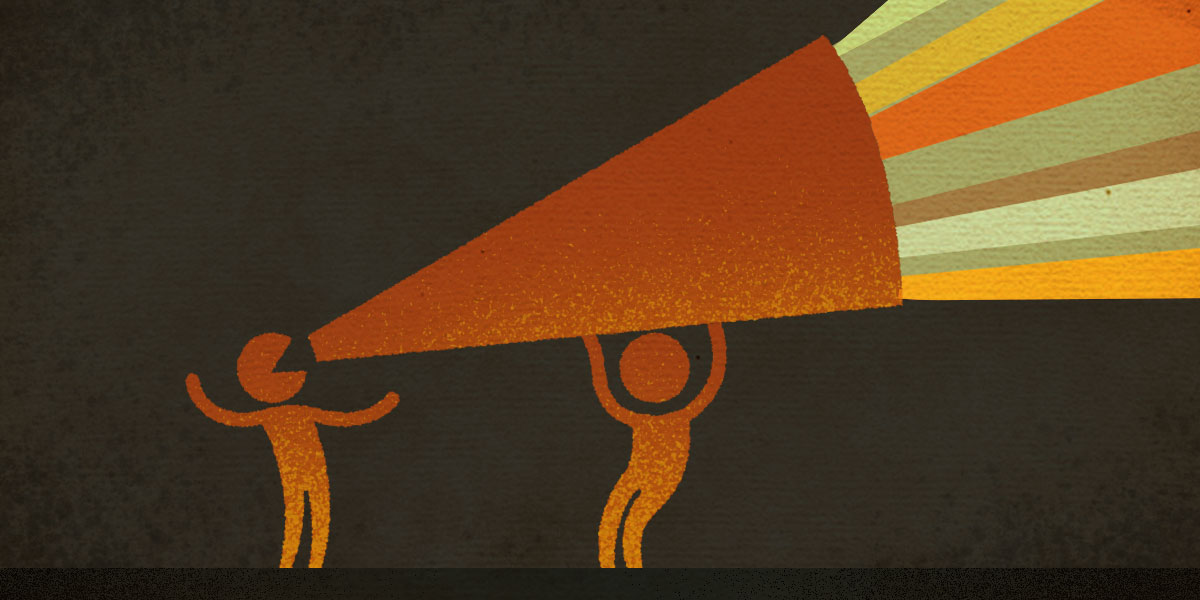
"The Brazilian Supreme Court has formed a majority to overturn the current online intermediary liability regime, impacting how digital platforms respond to user posts."
"Article 19, originally designed to protect platforms from liability without judicial orders, is under scrutiny for potentially supporting overreach and censorship of protected speech."
"Despite one justice advocating for the preservation of Article 19 in its entirety, most justices propose limiting its application to specific circumstances, highlighting ongoing debates over free speech and responsibility."
"The upcoming judgment will further clarify the court's stance on intermediary liability, crucially affecting constitutional protections balance against children's rights."
The Brazilian Supreme Court is examining the country's intermediary liability regime established in 2014, with eight justices indicating a willingness to overturn the current framework. Traditionally, under Article 19 of the Civil Rights Framework for the Internet, platforms were only liable for user-generated content after a judicial order. The recent court discussions bring to light the complexities between maintaining free speech versus protecting constitutional rights, especially regarding children. As the court reconvenes, the final decisions will likely reshape the responsibilities of digital platforms in addressing user content.
Read at Electronic Frontier Foundation
Unable to calculate read time
Collection
[
|
...
]